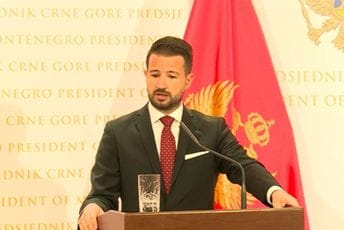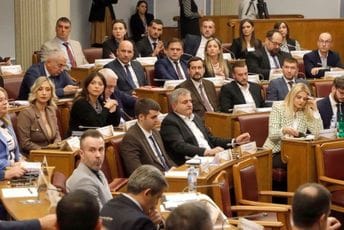The main topic of the article concerns the resilience of democracy in Montenegro amid political polarization and populism. Various interlocutors from politics, academia, and civil society emphasize that Montenegrin society lacks consensus on its direction, threatening social cohesion and the quality of democracy. The need to strengthen civil society, institutional transparency, and overcoming veto players blocking reforms, especially electoral reform, is highlighted. Political tensions, media control, and weak institutions are identified as key challenges. This issue is also recognized in political analyses pointing to the presence of veto players and polarization that hinder progress.
Political Perspectives:
Left: Left-leaning reports emphasize the need for strengthening civil society and democratic institutions to resist populism and political polarization. They highlight the importance of citizen participation and criticize the influence of veto players and political elites that block reforms. The narrative focuses on social cohesion and the protection of democratic rights.
Center: Center-leaning coverage tends to present a balanced view acknowledging the challenges of political polarization and institutional weaknesses in Montenegro. It stresses the importance of dialogue among political actors and civil society to find consensus and advance reforms, particularly electoral reform. The narrative is pragmatic, focusing on the need for institutional resilience and democratic stability.
Right: Right-leaning perspectives often focus on the threats posed by political elites and veto players who are seen as obstructing progress and reforms. They may emphasize national identity and skepticism towards external influences such as the European Union. The narrative sometimes highlights the failures of the current political system and calls for stronger governance and rule of law.


















